MDMD commented recently on how the current Canadian Medical Aid in Dying (MAID) legislation was now starting to be used in some early stage dementia cases. A recent 30-minute radio programme broadcast by CBC (Canadian Broadcasting Corporation) discusses another case in depth. The programme and a detailed summary are available on their website.
Gayle Garlock was a retired university librarian who loved to read. When early stage Lewy-body dementia robbed him of his ability to read, his quality of life reduced unacceptably. For him that was intolerable suffering as reading was fundamental to who he was as a person.
Dr Stefanie Green is an assessor and provider of Assisted Dying in British Columbia. She is also the current president of the Canadian Association of MAID assessors and providers, (CAMAP). She first met Gayle Garlock in March 2018. At that time she was unsure whether he met the conditions for assisted dying in Canada, or whether she would personally be willing to help him. She was understandably concerned that if she helped Gayle and was later found to have acted improperly she could face a 14 year jail sentence.
Dr Green and her colleagues at CAMAP spent many months considering the issues around MAID and early stage dementia, as it relates to the Canadian law. They have produced an insightful document providing guidelines for how to assess MAID requests from those with dementia.
The document considers the assessment of three key questions:
- Whether the patient is in an advanced state of decline in capability;
- Whether the patient has capacity to make the decision to have MAiD; and
- Whether the patient’s natural death is reasonably foreseeable.
In discussing the interpretation of “reasonably foreseeable” death, the guidelines cite a legal case which concludes: “Natural death need not be imminent and…what is a reasonably foreseeable death is a person-specific medical question to be made without necessarily making, but not necessarily precluding, a prognosis of the remaining lifespan. […] In formulating an opinion, the physician need not opine about the specific length of time that the person requesting medical assistance in dying has remaining in his or her lifetime.” This shows how the Canadian law is more flexible than laws requiring a specific life expectancy estimate, such as 6 months, used in Oregon and elsewhere. Doctors have long argued that it is frequently impossible to give an accurate time prognosis. This has led to calls for a more flexible definition of “terminal illness” in some jurisdictions.
The CAMAP guidelines argue that as MAID requests will be part way through the mild phase of dementia, the life expectancy of most dementia patients requesting MAID would likely be less than 5 years, particularly in older patients. This is within the intention of “reasonably foreseeable”. In contrast, the guidelines are clear that cases of mild cognitive impairment (MCI) alone would not be accepted for MAID as not all such cases will progress to dementia and the rate of transition is somewhat uncertain. The death in cases of MCI alone is therefore not “reasonably forseeable”.
The guidelines carefully consider at what point a patient requesting MAID is in an “advanced” state of decline, while still retaining sufficient mental capacity to make a valid MAID request. This is a difficult and delicate issue. The guidelines first point out that for a previously highly intelligent person who is now struggling with the cognitive demands of everyday life, advanced decline is clear in terms of the relative loss of ability. However it points out that “advanced” should not be interpreted only as relative to the pre-dementia baseline, but also in terms of how close the patient is to losing capacity due to dementia. The recommendation is that in the case of a patient whose MAID request is refused solely because they are not deemed to have reached an advanced state of irreversible decline in capability, the patient should be reviewed periodically by an appropriate clinician. When it is believed that they are close to losing capacity the clinician should inform the patient that this is the case. The patient can then decide whether to request MAID or delay, on the understanding that delay may result in their losing sufficient capacity and therefore no longer being eligible for MAID.
The guidelines end with three scenarios showing how a safe assessment can be reached.
After studying the guidelines MDMD’s Lead Campaign Commentator Phil Cheatle said:
“It is very gratifying to see medical professionals in Canada working to establish safe guidelines for interpreting the MAID law in dementia cases. This is essential to ensure safe working practice. Both medical professionals and right-to-die campaigners in other jurisdictions have much to learn from the work CAMAP is doing.”
With this framework in mind, in Spring 2019 Dr Green was open to reconsidering Gayle Garlock’s case. He requested a second assessment. Dr Green found that although his condition had deteriorated he still had mental capacity and was also suffering intolerably. She approved his MAID application. Gayle chose to wait until the end of the summer, but after a fall in June he decided to request MAID in July.
Dr Green repeatedly asked Gayle whether it was his choice or his wife’s or his children’s. His consistent answers on several occasions convinced Dr Green that he had not been persuaded by anyone else. Gayle’s assisted death took place in his home on 26th August, following a final check of his mental capacity and wish for an assisted death.
In making her assessments, Dr Green interviewed Gayle on his own. This ensured that there was no one else influencing or prompting his response. It would perhaps be good practice for a video recording of the crucial assessments to be made, with the patient’s knowledge and consent, should anyone question the decision at a later stage, and for the doctor’s personal protection.
MDMD is delighted that Dr Green has agreed to be the speaker at our next meeting for our members and supporters in London in April 2020.


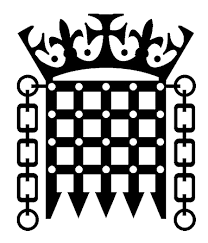
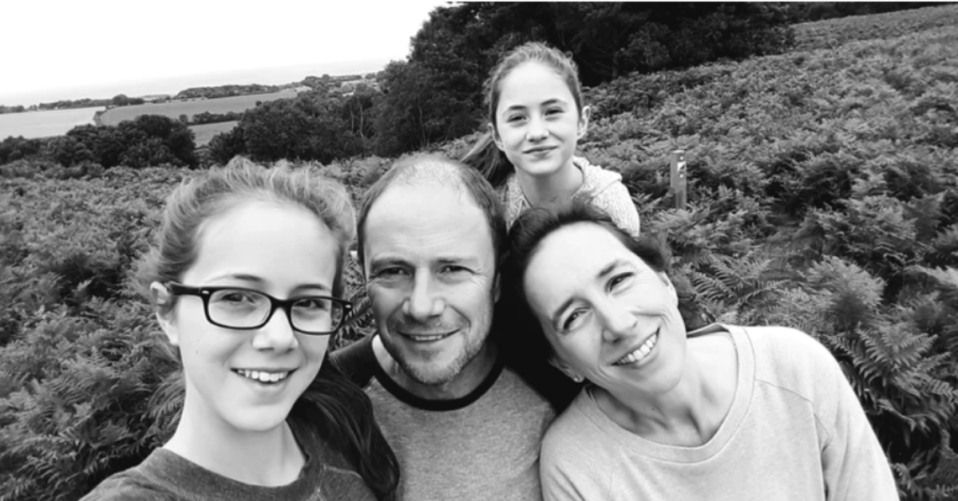
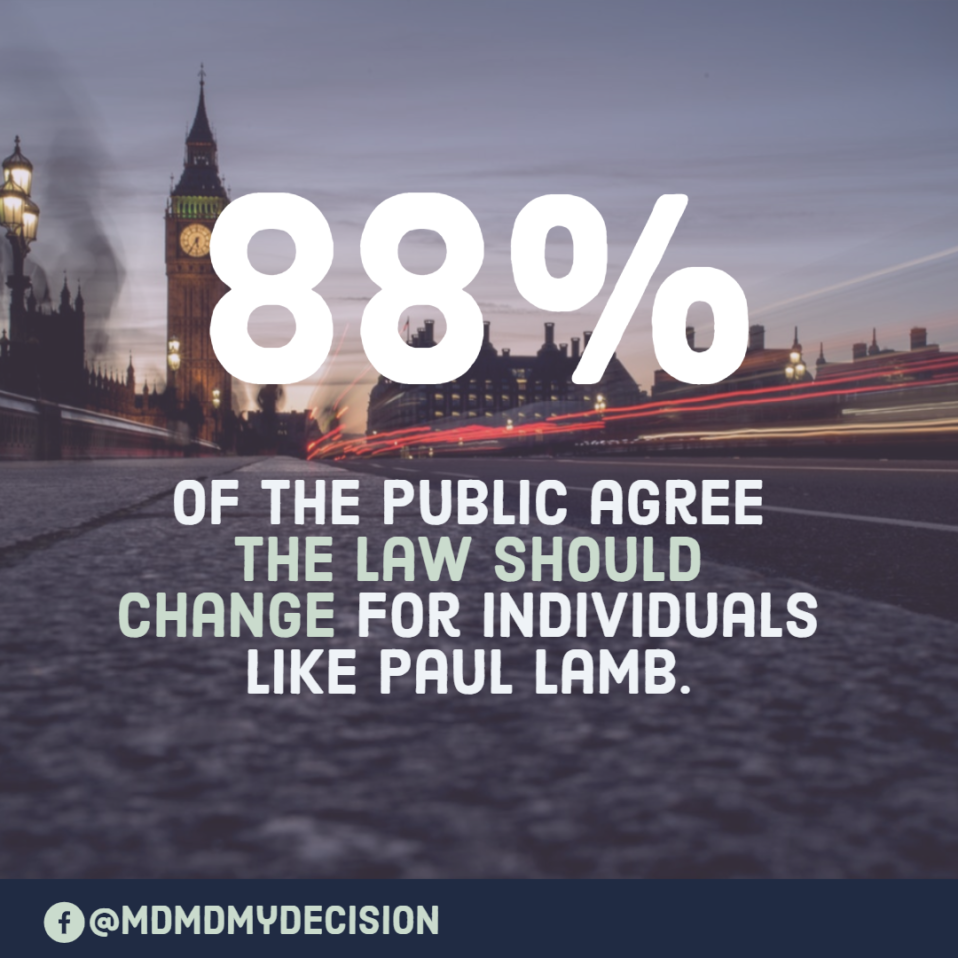
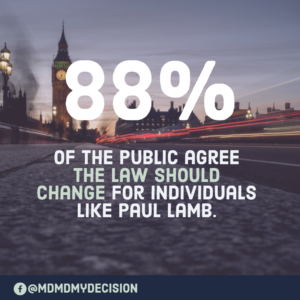


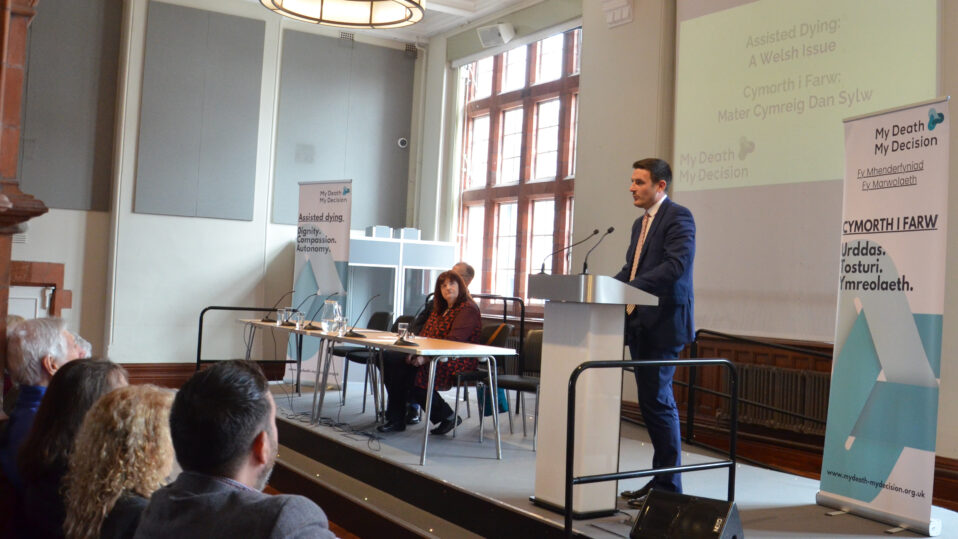



Recent Comments